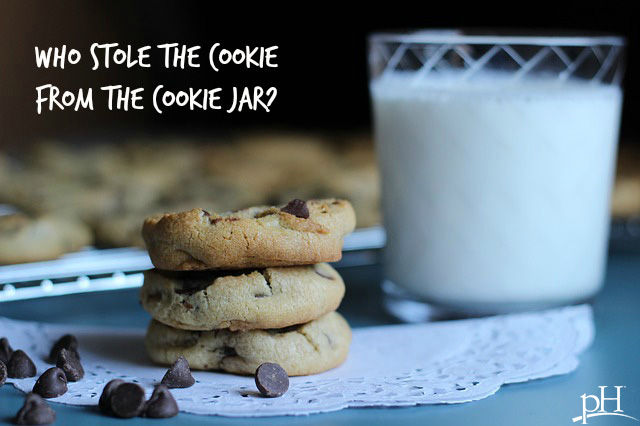Health effects of late-night meals
11 years ago | Nutrition
By pH health care professionals
Do you eat a good portion of your daily calories at night, when you finally have time to wind down? If so, you’re not alone! Most of us know that we should be eating smaller meals more frequently throughout the day. But we don’t. So what are the consequences if we don’t?
Health consequences: Some bad, some good
A recent article reviewed the potential health effects of eating late. And eating large meals within a few hours of sleeping is definitely not healthy! It is associated with excess weight, obesity, poor blood fat results, decreased sleep quality, decreased memory and increased fatigue the following morning. The body’s metabolism is 35 percent slower at night time. Therefore, a heavy food load at night can lead to feelings of fullness with discomfort, prolonged transit times from the stomach to small intestine, and increased absorption of less-valuable food ingredients.
Some effects of small nighttime snacks
In some cases, smaller late-night snacks have been shown to improve muscle protein synthesis, increase morning metabolism, increase morning satiety, and lessen the need for large evening meals.
In a study published in the Journal of Clinical Neuroscience, nighttime snacking was shown to improve migraine frequency in people sensitive to hunger and hypoglycemia. Diabetics also depend on late snacks; otherwise, their blood sugar may fall too low during the night.
If you snack now and then, just be careful you don’t make nocturnal eating a habit. Fasting (not eating) at nighttime may be important for your health and could reduce your risk for certain diseases. A recent study found that people who fast at night are less likely to have hyperglycemia, which may be a risk factor for breast cancer and diabetes. So by axing the extra snacks, you may be improving your health outcomes.
If you’re going to eat at night, consider the following advice:
- Opt for a low calorie snack less than 150-200 calories.
- Generally, it takes much longer to digest fats and proteins than carbohydrates. And at night, this process is slowed down significantly. So avoid greasy food choices containing excess fat and/or protein.
- Eat single macronutrients rather than large mixed meals, e.g. a protein shake, an energy bar, a serving of fruit, a serving of vegetables or a small piece of cheese.
- Assess your individual energy needs. If you just returned from the gym, you may need to eat more, but if you’ve been sitting in your chair for three to four hours, you likely should not exceed a 200-calorie snack.
- Exercise! In a study published in Applied Physiology, Nutrition, and Metabolism, negative effects of late-night eating were offset by exercise in young obese women. Practically speaking, eating 1,000 calories at night and just burning 80 calories with a quick 10-minute walk will not do it. However a 400-calorie meal and a 300-calorie physical activity will be more effective.
Enjoy Your Healthy Life!
The pH professional health care team includes recognized experts from a variety of health care and related disciplines, including physicians, attorneys, nutritionists, nurses and certified fitness instructors. This team also includes the members of the pH Medical Advisory Board, which constantly monitors all pH programs, products and services. To learn more about the pH Medical Advisory Board, click here.



